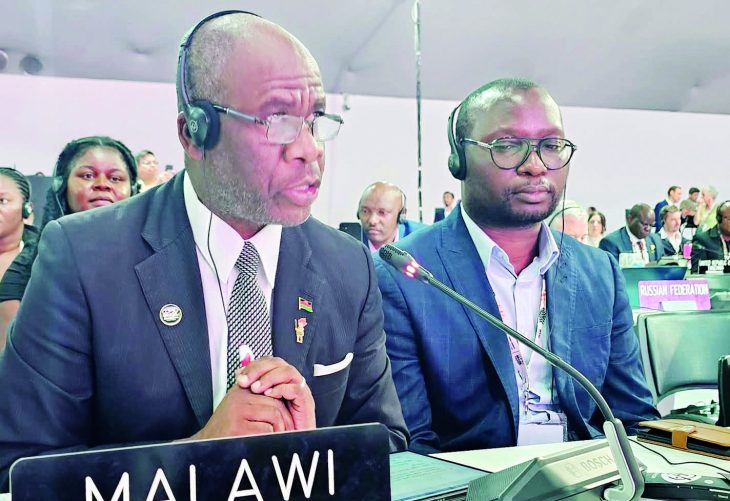
CoP30 Outcome: Navigating the Low Carbon Opportunity for Malawi’s Business Growth
Key Business Points
- Climate change efforts: The United Nations Climate Summit, CoP30, ended without new commitments to reduce fossil fuel use, despite pressure from over 80 countries, which may impact Malawi’s economic growth and investment opportunities.
- Economic implications: The absence of the United States, a major historical emitter, weakened attempts to challenge oil-producing nations, and local entrepreneurs in Malawi should be aware of the potential effects on global trade and climate finance.
- Climate finance progress: Developing countries, including Malawi, made progress on climate finance, with clearer recognition that rich nations must provide more support to vulnerable countries, which could lead to new business opportunities in sustainable development and green economy.
The recent United Nations Climate Summit, CoP30, has significant implications for Malawi’s business community. The final agreement, known as the Mutirão, does not directly mention oil, coal, or gas, and instead encourages countries to voluntarily speed up efforts to cut their use. This outcome is a disappointment for many countries, including Malawi, which had pushed for stronger language on reducing fossil fuel use. As Evans Njewa, Malawi’s lead climate negotiator, stated, "This is not the level of ambition we wanted. Science is clear that fossil fuels are driving climate change. We needed stronger language but some countries refused."
The divide between countries that depend heavily on selling oil and gas and those that prioritize climate action was evident during the talks. Saudi Arabia insisted that every nation must "build its own path based on its circumstances," while Colombia criticized the CoP30 presidency for pushing the deal through without allowing space for objections. The absence of the United States, which announced its withdrawal from the Paris Agreement, also weakened attempts to challenge oil-producing nations.
Despite the frustration, developing countries made some progress on climate finance. The final text gives clearer recognition that rich nations with historical responsibility must provide more support to vulnerable countries. Brazil launched a new fund to protect tropical forests, raising at least $6.5 billion, and a global roadmap to fight deforestation gained support from over 90 countries. As Greenwell Matchaya, an economist and legal scholar, noted, "Aligning global financial flows with climate goals is necessary but it cannot dilute existing finance obligations. CoP30’s reassurance on this point is significant because our economies are already carrying the burden."
The outcome of the CoP30 talks is a reminder that kudutsa mpango (planning) and kukonza bwino (good management) are crucial for Malawi’s business community to navigate the challenges and opportunities presented by climate change. As Njewa said, "We came here to demand real commitments. This deal keeps the process alive but the world must do more. Communities are suffering now." Local entrepreneurs and business owners in Malawi should be aware of the potential implications of the CoP30 outcome on their businesses and ndavi zao (their investments). The progress made on climate finance and the launch of new initiatives, such as the fund to protect tropical forests, present opportunities for sustainable development and green economy growth in Malawi.
What are your thoughts on this business development? Share your insights and remember to follow us on Facebook and Twitter for the latest Malawi business news and opportunities. Visit us daily for comprehensive coverage of Malawi’s business landscape.
- Making Social Insurance Work for Malawi’s Business Community - March 1, 2026
- Unlocking Malawi’s Trade Potential: K411 Billion in Barriers Explained - February 28, 2026
- Malawi Secures K75bn Chinese Grant for Landmark Dual Carriageway - February 28, 2026
